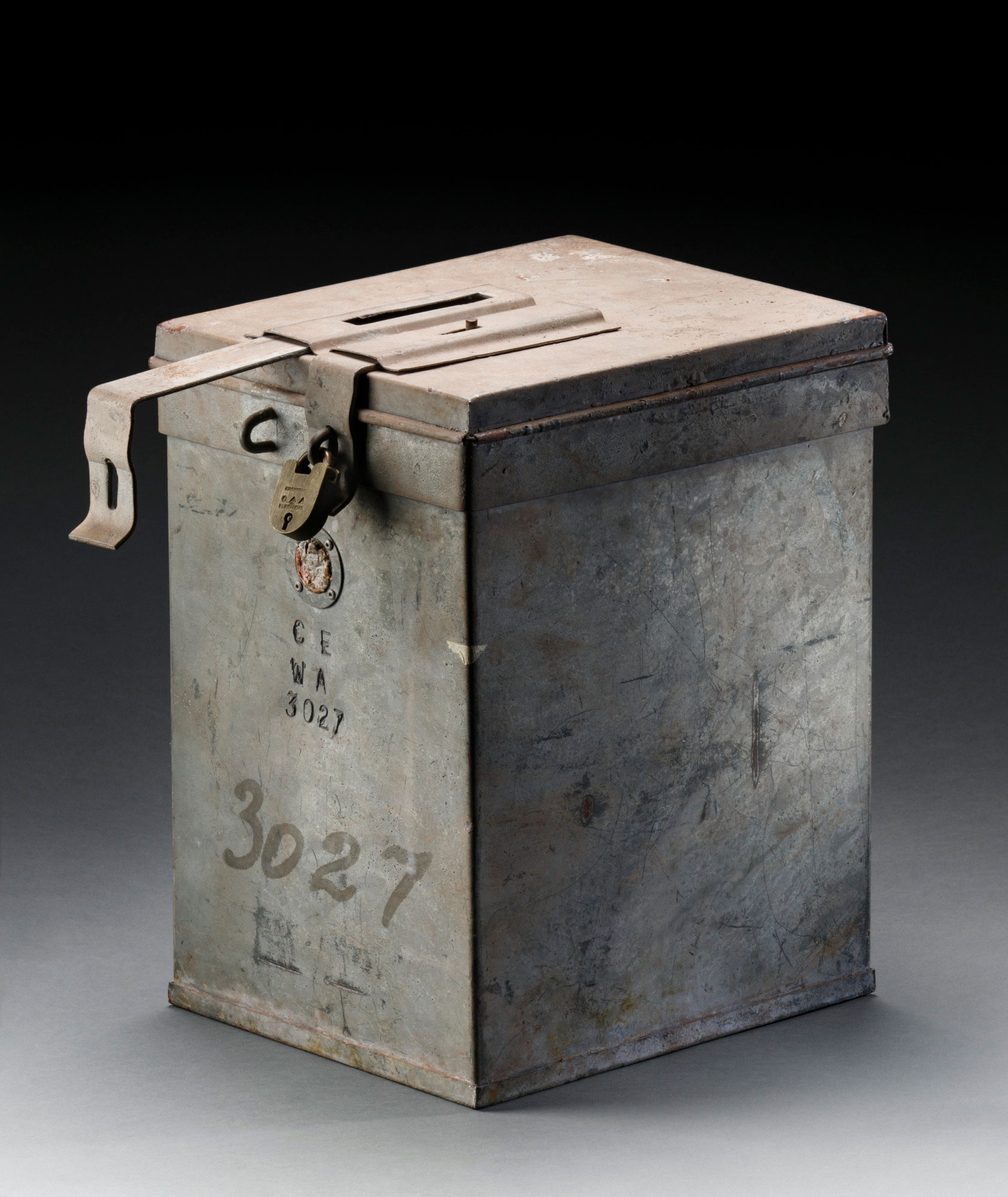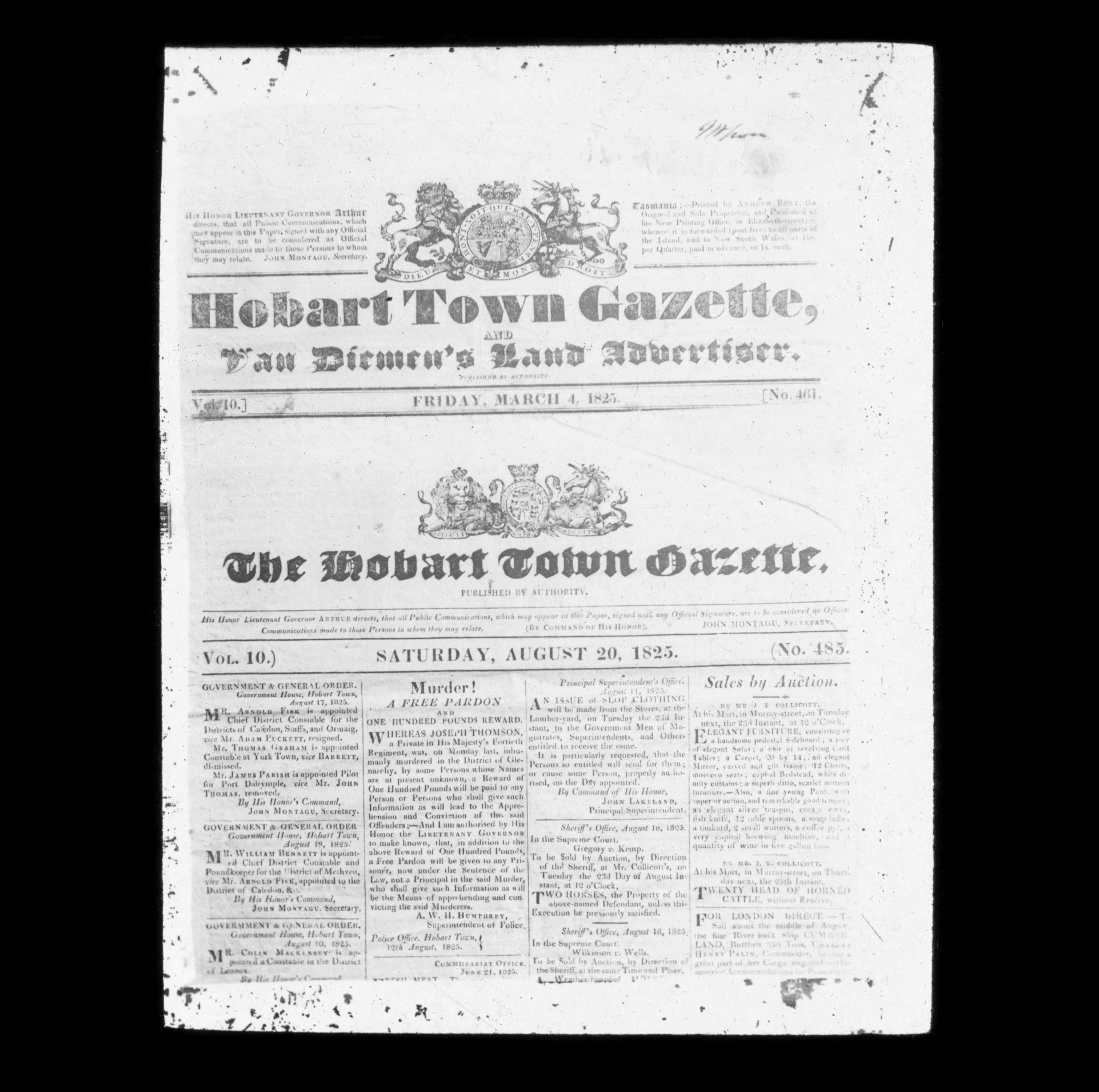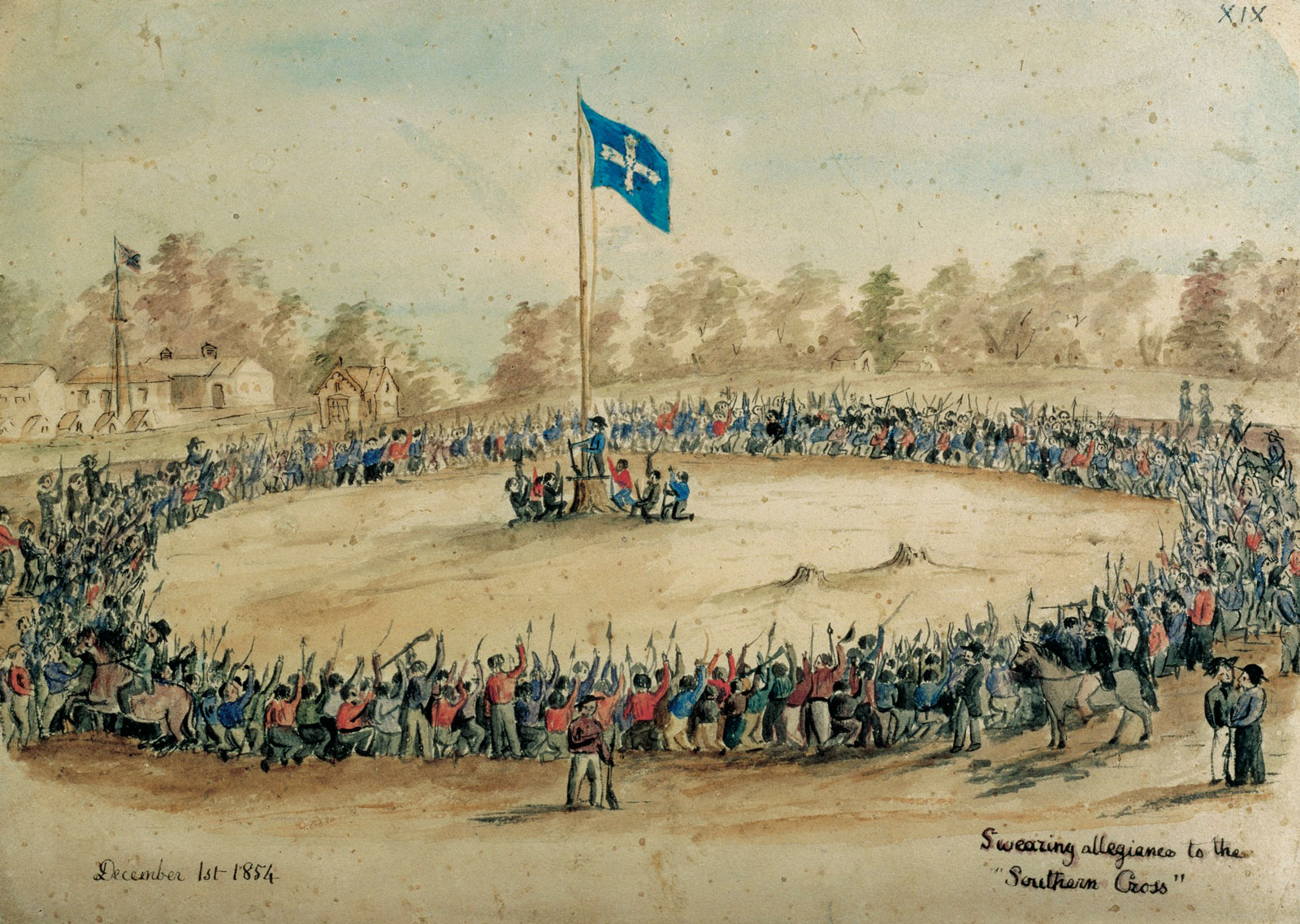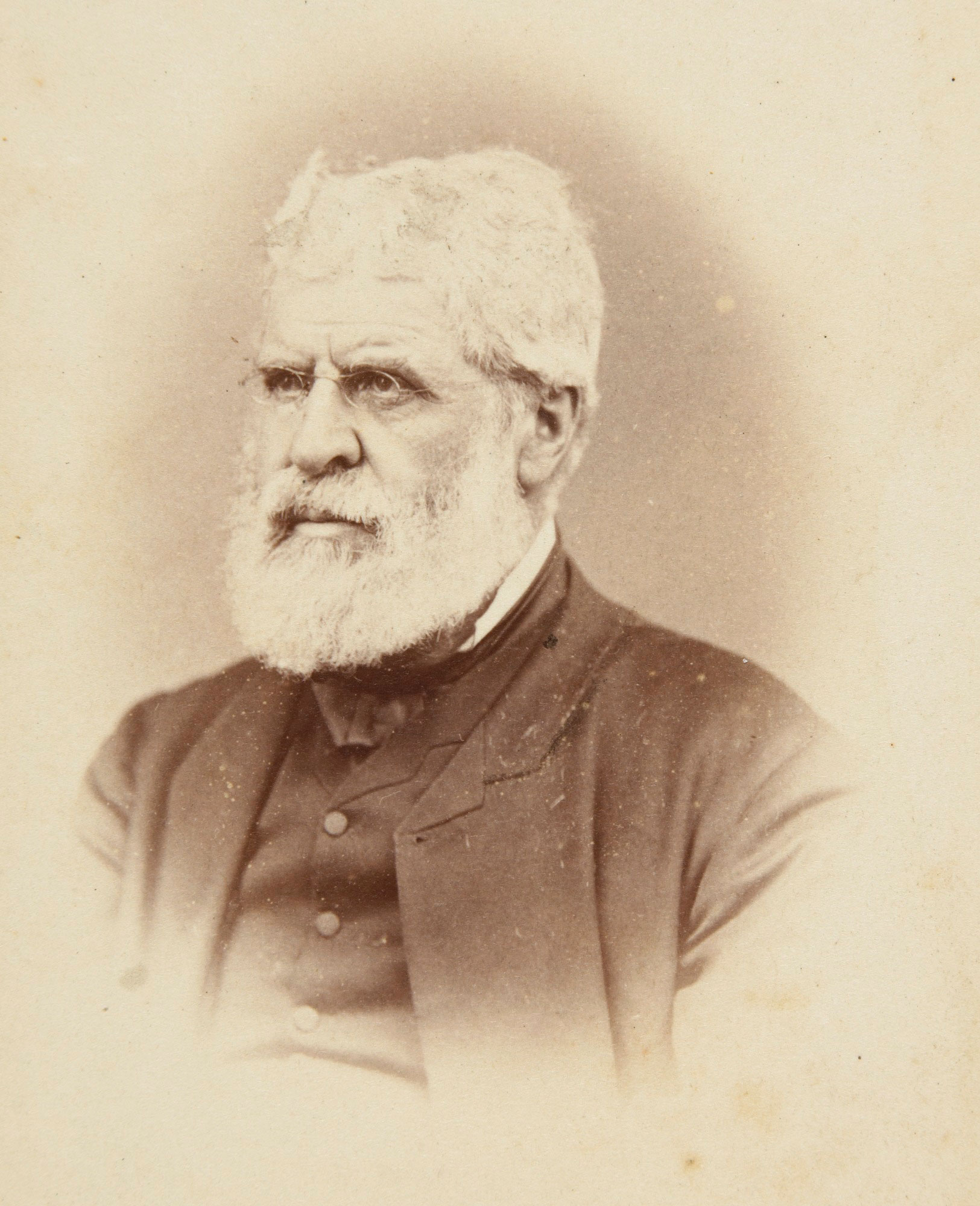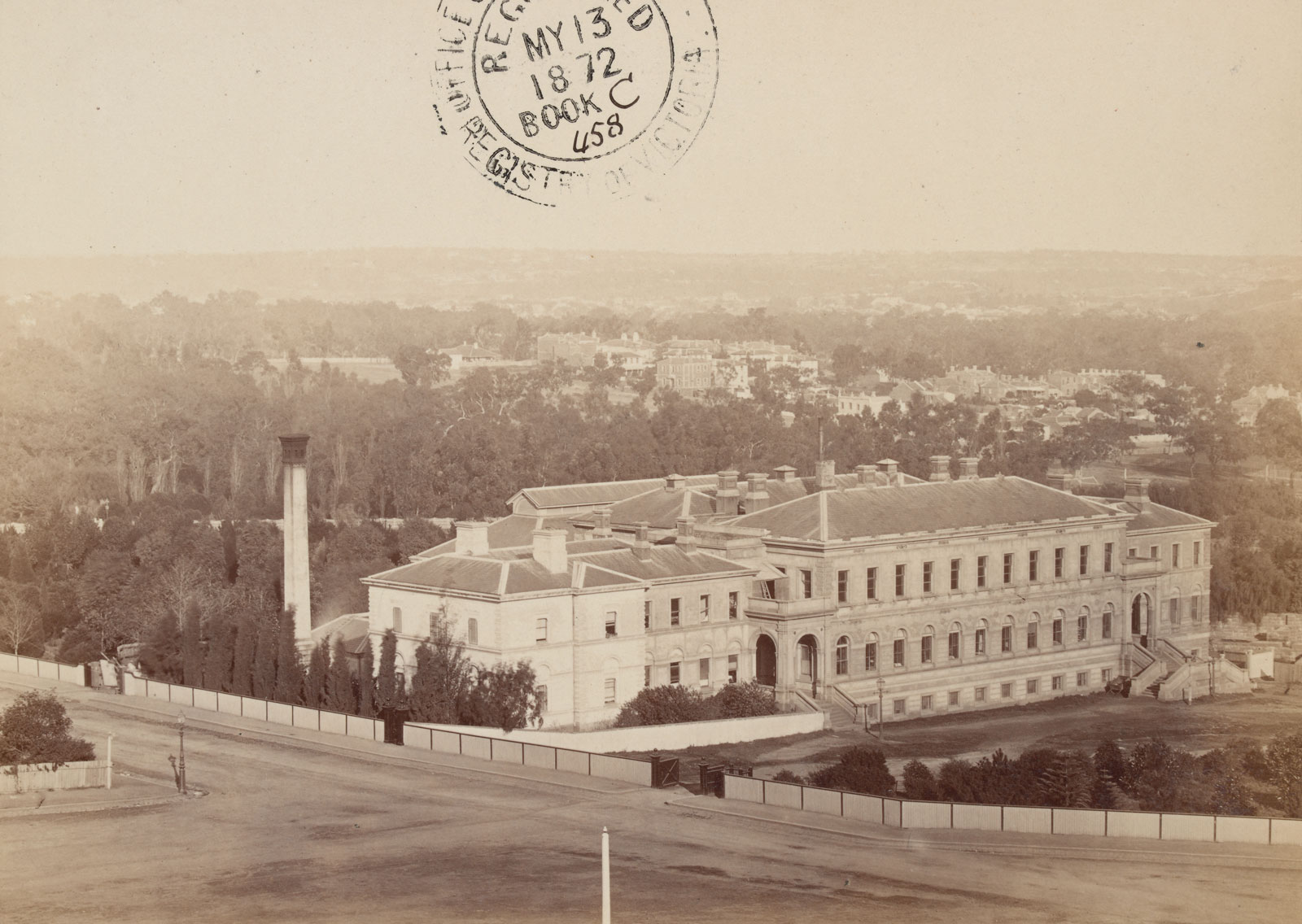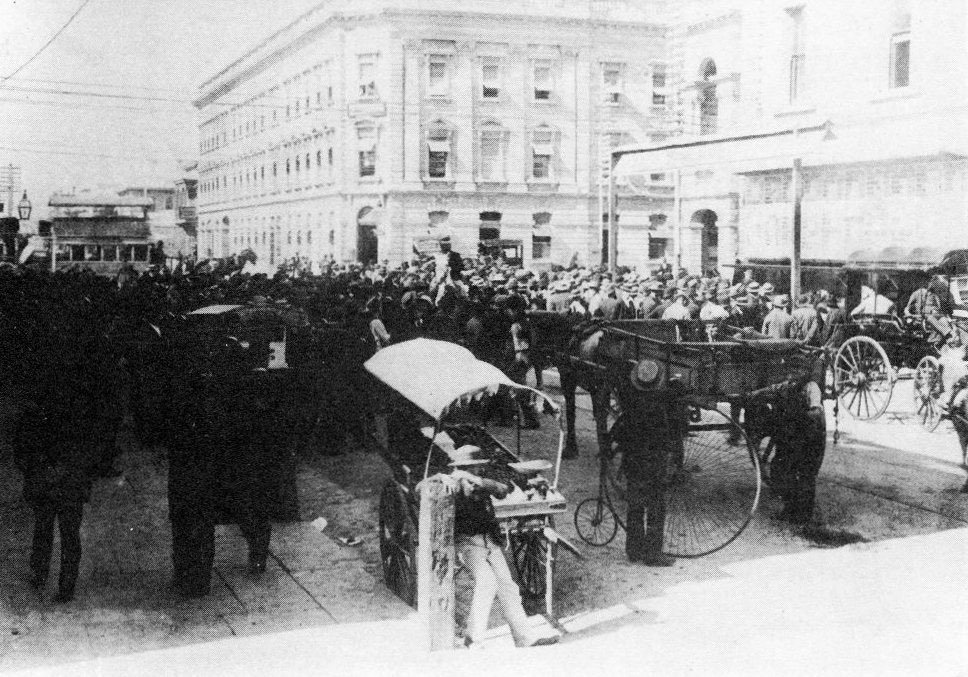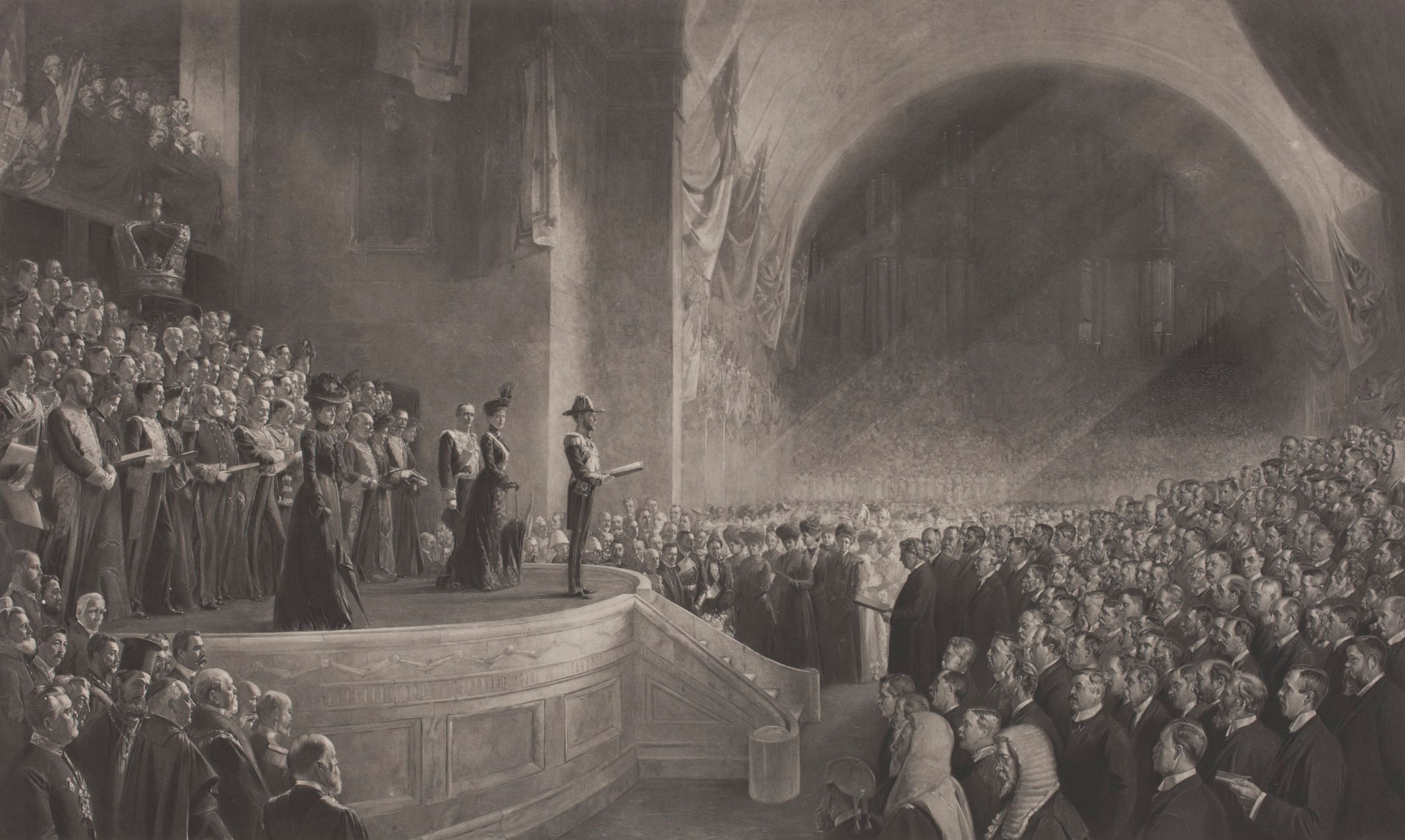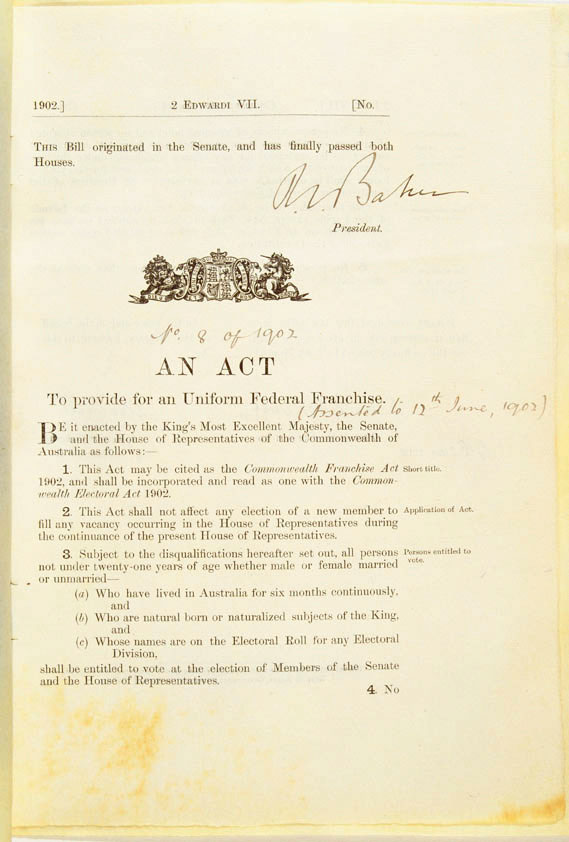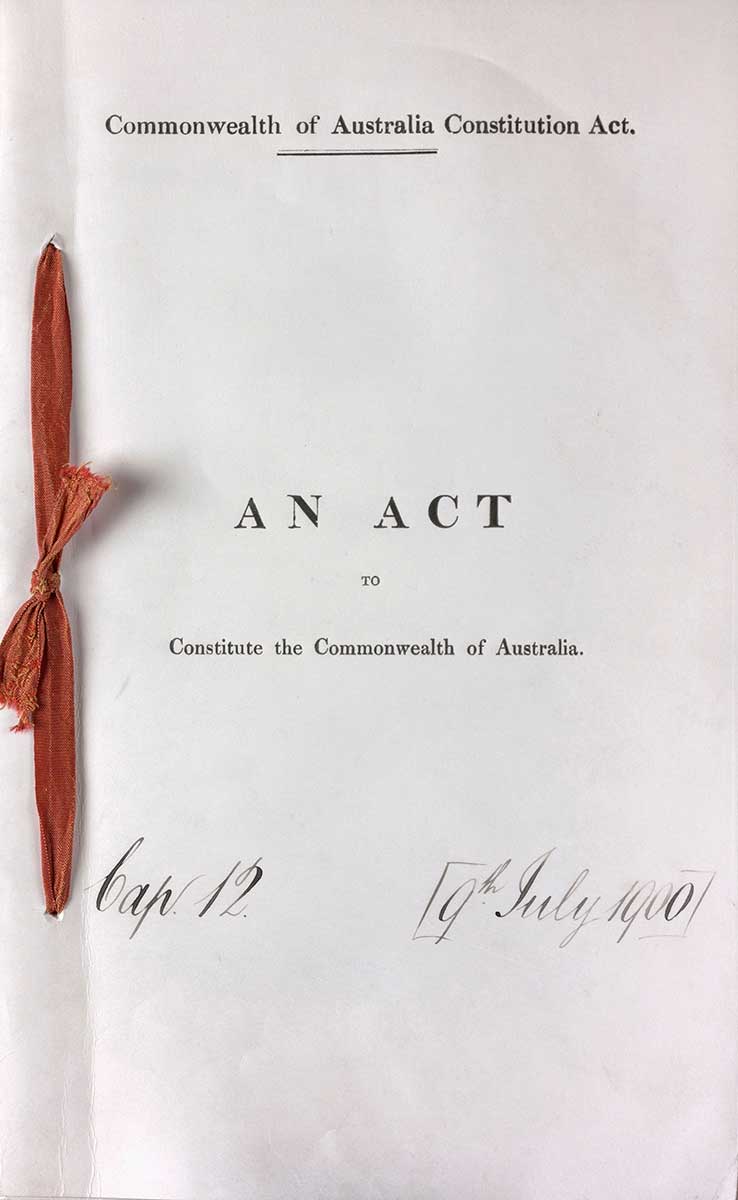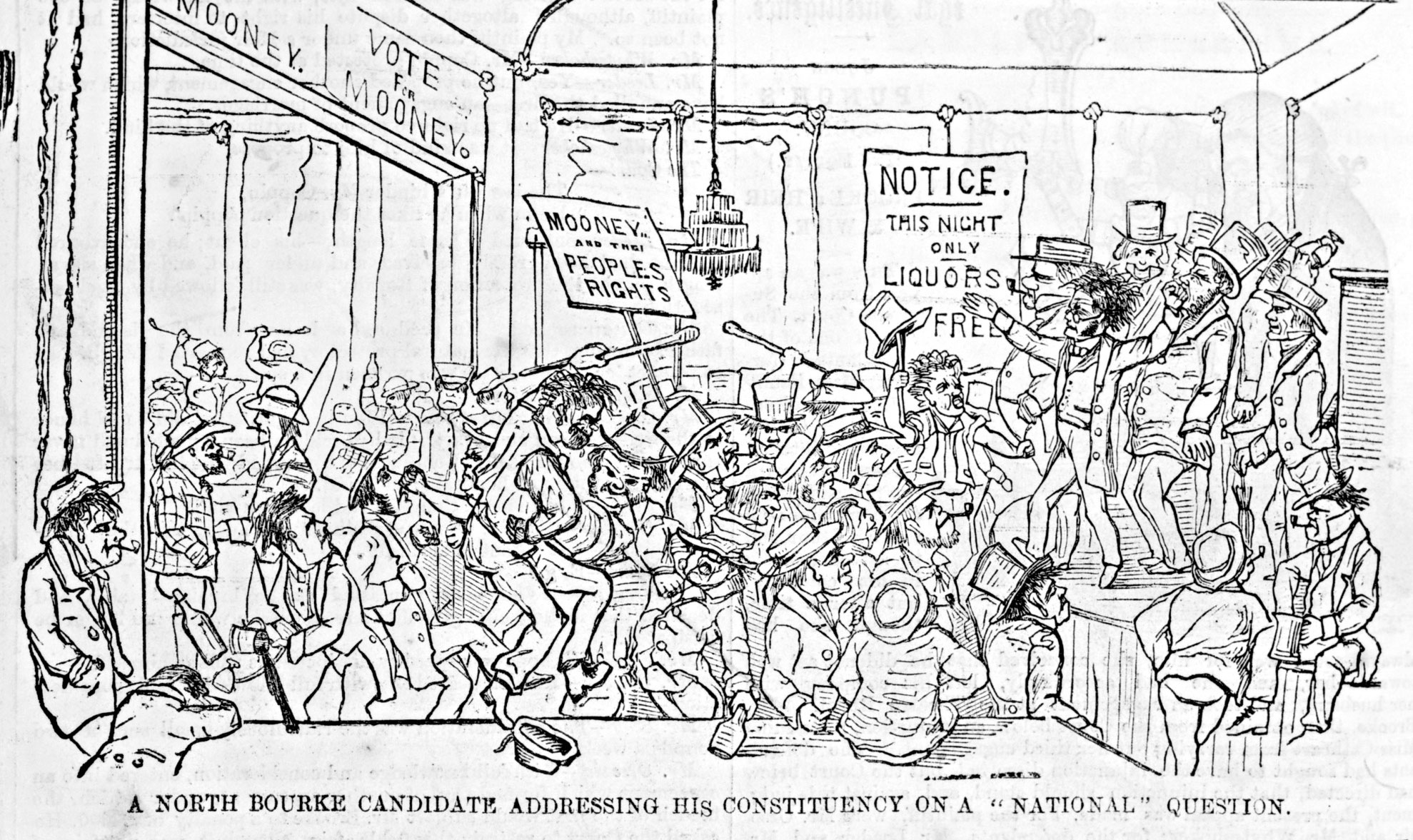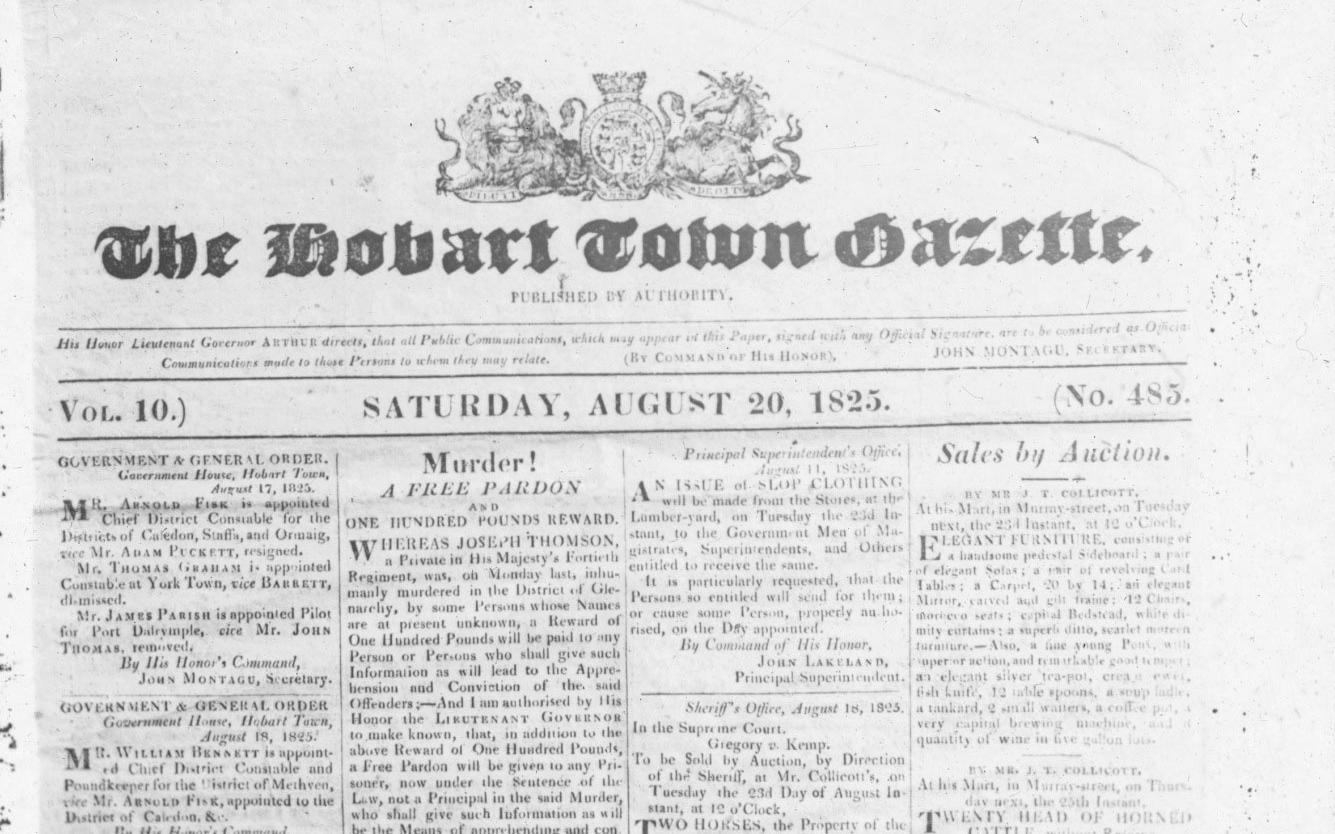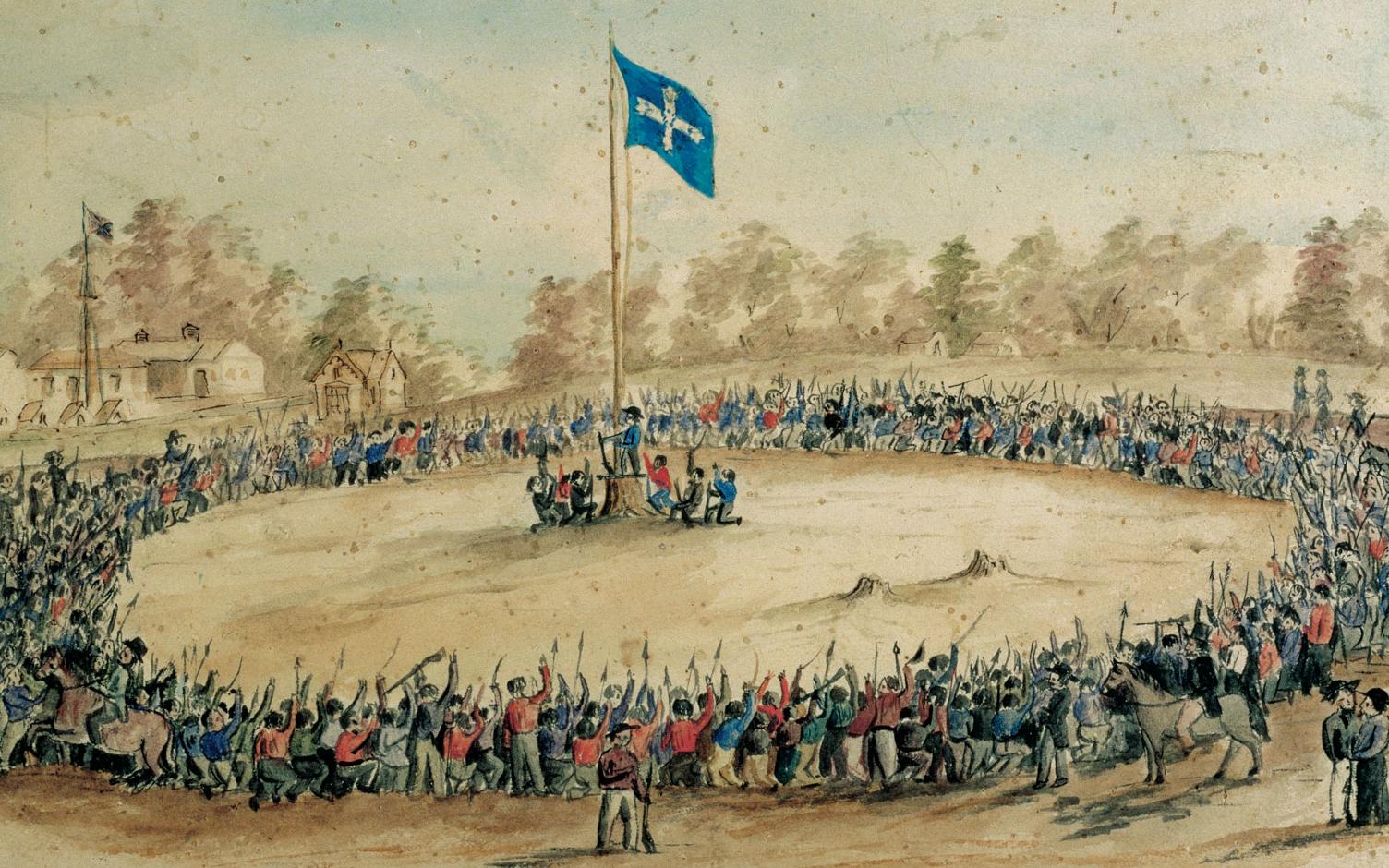Learning module:
Making a nation Defining Moments, 1750–1901
Investigation 4: Making a democracy
4.3 1851 Breaking away from mother: Separation of the colonies of New South Wales and Victoria
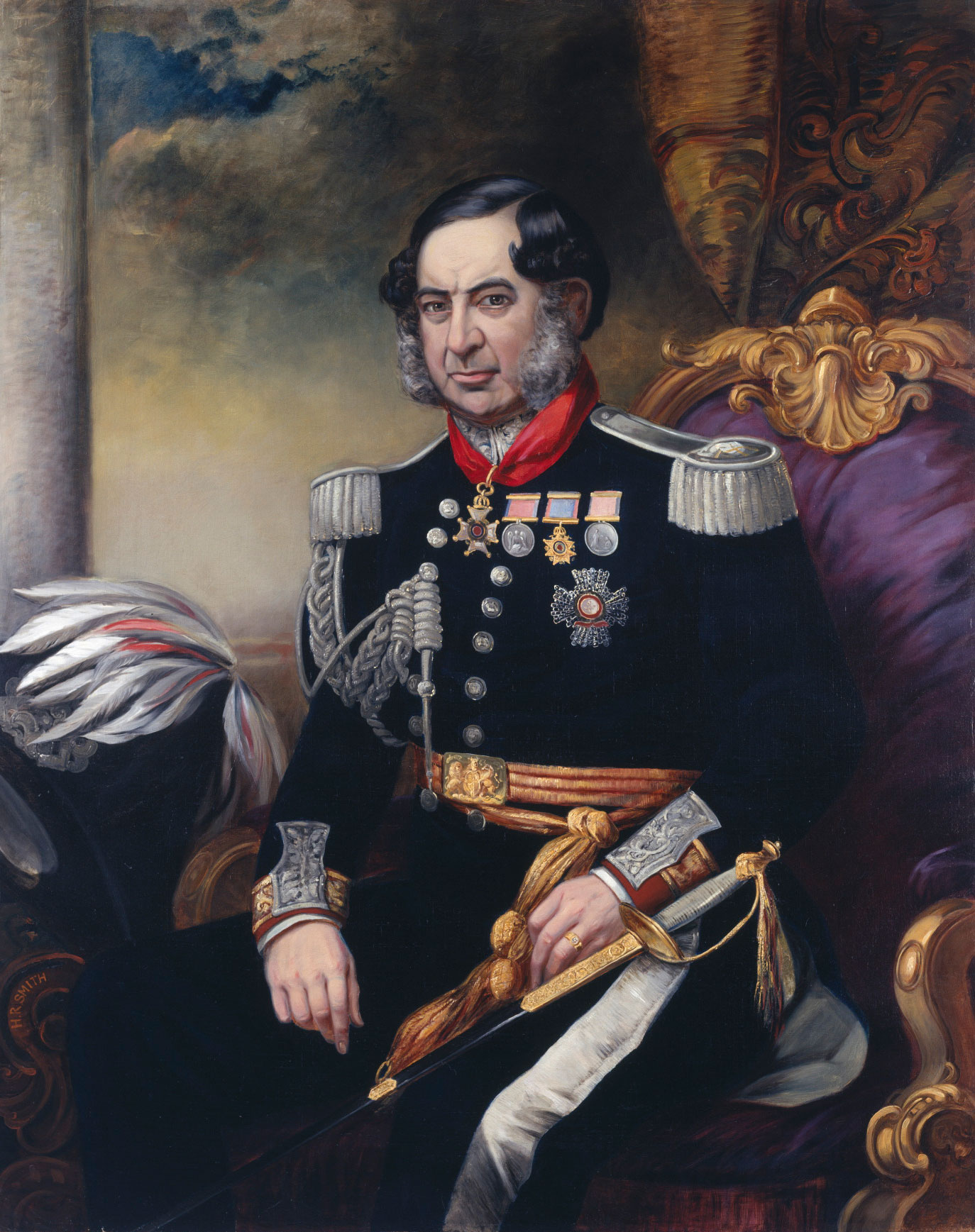
Part of the development of Australian democracy during the nineteenth century involved the creation of self-government of the colonies. This meant that each colony was able to have its own law making body or parliament elected by local people to make laws for that colony. This system replaced the system where laws were made by the governor, who represented the interests of Britain, or the government of the founding colony, which was New South Wales in the case of both Victoria and Van Diemen’s Land (Tasmania).
How did this happen? And why was it important for colonies to have effective self-government?
1. Why did the Port Phillip settlers want representation in the New South Wales Legislative Council?
2. Why, when this was allowed, was it not a satisfactory situation?
3. When was the Port Phillip area separated from New South Wales into the separate colony of Victoria?
4. What did this mean for the making of laws in Victoria?
5. The other colonies were given self-government in:
- 1825 (Tasmania)
- 1832 (Western Australia)
- 1836 (South Australia)
- 1860 (Queensland)
Why is self-government a part of democracy?
6. What does this event help you understand about the development of democracy in Australia?
7. Why was this Defining Moment so significant in Australian history?
8. If you were advising the National Museum of Australia on an object that it could display to tell the story of this event, what would you suggest? (You can see what objects they actually have using the National Museum of Australia collections search)






